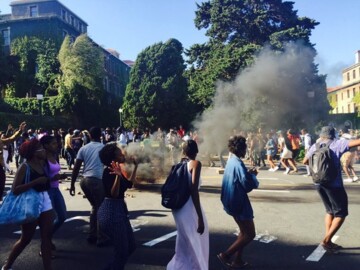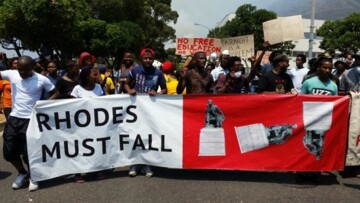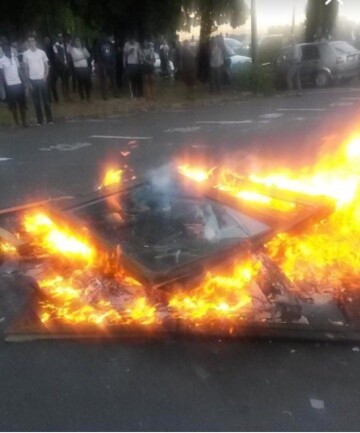Prof. Mahmood Mamndani, in an essay titled African Intellectuals and Identity: Overcoming the Political Legacy of Colonialism, argues that the existence of civil society depends on the monopolisation of the means of violence by the state. And yet the birth of the modern nation-state was preceded by social and political upheaval. It is now an often forgotten fact that modern museums were formed in the crucible of the French Revolution. When we experience museums in the present it is easy to forget that the museum and the guillotine share a common ancestry. Whereas social and political upheavals imply a plurality of expression, statecraft requires bureaucratisation and formalisation. In the South Africa of the post-1994 era contestation over the authorship of the liberation, a narrative has resulted in the narrowing of this plurality into a singular narrative.
Means of remembering were fashioned into state rituals, personalities were canonised and sites of memory institutionalised. A sophisticated bureaucracy has been mobilised to make official what was once visceral. In many instances, it was as if history stopped in 1994. The recent calls for the decolonisation of South African universities, led by the #RhodesMustFall movement, has reinvigorated debates around memorial culture and represents the most visceral challenge to the bureaucratisation of memory since the dawn of the South African democratic state.





